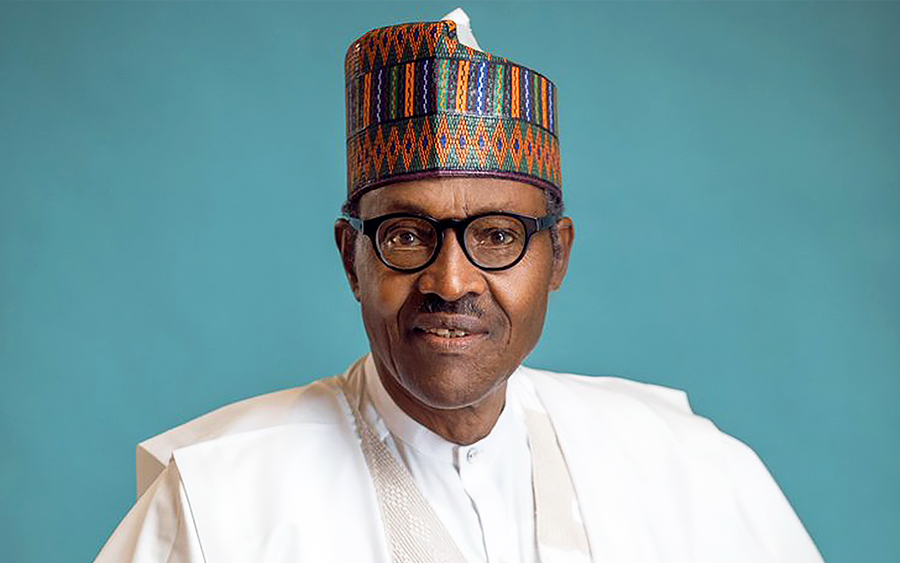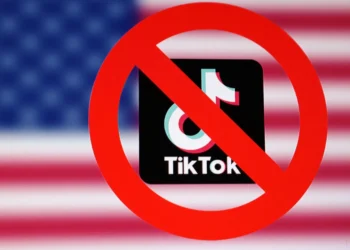The Federal Government is set to make more revenue in 2020, especially through tax. The government through Vice President Yemi Osinbajo, disclosed that all multinational digital companies operating abroad with significant economic presence in Nigeria will now be subjected to taxation under the new Finance Act.
Osinbajo explained that only companies that have a physical presence in the country were being taxed previously, adding that the new law had changed this.
He said, “So, most digital and multinational technology companies do not have a physical presence in Nigeria, yet make significant income in Nigeria from online activities.
“They pay no tax to Nigeria because they do not have a physical presence in Nigeria, now we are no longer relying on physical presence.”
“Under the new Act, once you have a significant economic presence in Nigeria, you are liable to tax whether you are resident here or not,” he noted, adding that non-residents, who previously had no fixed address would now be taxed under the new Act.
Can this lead to a trade war against the US?
While some critics believe that Nigeria could be at risk of trade war with the United States because the government says it will impose taxes on the firms, others alleged that the plan was to get technology companies like Facebook, Google, and others in the tax net.
Meanwhile, the US has threatened tariffs on imports from countries that impose such digital taxes.

The tech companies with heavy revenue footprint in Nigeria now have their backs against the wall because President Muhammadu Buhari-led administration wants to tax them to grow Nigeria’s revenue.
The Finance Act is the solution preferred by President Buhari to the revenue problem, which the Finance Minister, Ahmad Zainab, said Nigeria has. The Nigerian government is looking to grow its revenue through taxes, and one of such is the digital tax, which Vice President, Yemi Osinbajo, said would commence despite the threat of the US which is aimed at protecting the silicon companies.
No more back door operation: Facebook, Google, Amazon, YouTube and many other digital businesses have a sizeable market in Nigeria but don’t have a physical structure for their operations. This has bled the nation’s revenue over time.
[READ MORE: Buhari reveals when border will be reopened)
These companies are known to prefer situating their companies in tax havens where taxes are low compared to other African and European countries. Ireland and Bermuda are some of the tax havens for these multinational companies. But according to Osinbajo, the period of making gains from their operation in Nigeria without paying tax is over.
He said, “Let me also briefly mention the new provisions on Taxation of Digital Economy and Non-Resident Companies. This is a very important aspect of our taxation policy. Before the Finance Act, only companies that had a physical presence or a fixed base in Nigeria could be taxed.
“So, most digital companies, I mean any of the big technology companies, or multi-national digital companies, that did not have physical offices in Nigeria, made significant income from Nigeria from online activities, such as advertising, movie streaming, online gaming and e-commerce from subscribers in Nigeria, but paid no taxes whatsoever because they did not have a physical base in Nigeria. So now we are no longer relying on the fixed base or physical address criterion.”
He added that, “Under the Finance Act, once you have a Significant Economic Presence (SEP) in Nigeria, you are liable to tax. Whether you are a resident here or you are not resident as a company, as long as your economic presence is significant, you are liable to tax. If you are streaming online, advertising using Google adverts, whether you are resident here or not, you are now subject to tax.
“So, non-residents who previously had no fixed base and no Nigerian tax liability will now be liable to tax based on the SEP criterion. The Minister of Finance is empowered to issue a regulation defining what Significant Economic Presence means. So, she just defines the scope of what we will be looking out for in terms of Significant Economic Presence.”
[READ ALSO: US Travel Ban: Buhari says it’s mere speculation)
Nigeria is not alone in this crusade: Nigeria is not the only country trying to tax the technology companies. The European Union (EU) has also been coming after them for taxes. The EU stated that if the technology companies were making economic gains through their operation despite the lack of physical presence in several European countries, then they should be taxed.
This has led to the review of tax laws by the EU. According to a report by the New York Times, new rules to tax the multinational companies are being discussed by about 130 countries through the Organization for Economic Cooperation and Development. The review has become necessary as digital economy begins to open new revenue sources.
Should Nigeria tread carefully? The United States has threated to hit any country imposing taxes on American technology companies with tariffs on import. This puts Nigeria at a rather impossible position, as the country is not economically strong enough to enter a trade war or go on a tit for tat battle with the US.

According to Q3 report, the US is the fifth-biggest export destination for Nigeria, having imported N322.2 billion (6.28%) goods from Nigeria, with crude oil constituting N329.8 billion. Although the US is behind Ghana, India, Netherlands and Spain, it doesn’t change the significance of the US market to the Nigerian economy. Meanwhile, Nigeria’s top import sources include the U.S, accounting for N747 billion in H1 2019.




















